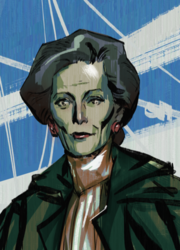Just finished this for the first time. I avoided it for the last years because of my boredom with narrative fiction. I didn't think I wouldn't like it, I just didn't have the energy for it. And yes, I think it was very good, even if I still think narration in game is a huge problem. This doesn't mean that narrative games shouldn't exist, but that they should be carefully handled ; narration shouldn't be a crutch for gameplay and so on. I don't think DE had great gameplay or anything, but the old model of top-down adventure is good enough for this kind of storytelling. A classic quest system lends itself well to mystery-solving ; you can see how the detective theme worked well there.
I do think this is the right successor to Planescape, by all means - it had to come from nowhere. The Numera game was tired from the start. You only can build on a model by being inspired and deviating, not by copying. This mysterious process of "being inspired and deviating" obviously cannot happen when you're doing sequels or are trying to repeat success. It's an obscure process of experimentation that can lead to failure. All the anxiety of economics. Truly a statement for our times, yes.
Regarding politics, I'm sure a lot was discussed over the years, with varying levels of coherence and intelligibility, no doubt. I enjoyed the "as an enlightened centrist" post above, I think it says it all. We're all very enlightened individuals here. The one thing I will say is that the political choices feel like some kind of satire of morality systems in crpgs. You can be good or evil, it doesn't really matter what you say or think, but you can be this or that. Good for you. Perhaps there was a political comment there, indirectly, on the nature ideology : opinions and identities presented as ideas and effective social forces. Most of the political stuff didn't really have an impact on how the world was built and how the conflicts were solved. It just showed the disconnect of political opinions with events, something that was perhaps calculated by the writers ; if not it shows a kind of cleverness. Doesn't need to be intentional. Maybe I'm just making a sophisticated excuse for lazy writing here, to be fair.
I expected the world to be more abstract, but they constructed a whole very peculiar lore for it, with its own laws of physics and everything. I didn't expect it and I'm not sure I liked it, I thought some of it was rather obtuse as it was too contained in the writing and not exposed enough in the game world. I'm sure digging the lore can be its own reward, but I have little patience for it. In the end though, if it's not only alternative history, but fiction with some fantasy elements, so realist politics cannot make sense. You don't build the same kind of theory in another universe. I don't even know how the game is meant to be political. It was just funny, pretty much.
The core of the game, to me, is just the melancholy. It's a game about a fucking break up. Pretty terrible. It hit hard. Maybe I didn't play this for years because I felt it and it terrified me. Well, I liked it. Break-ups are fun to look at, they make good stories, they are the lyrical lamentation par excellence, the essence of poetry. Even if, you know, love wrecks. It kills. It really does. You should avoid it whenever you can, indeed. I enjoyed that there was no closure in the narrative. There shouldn't be... you just have to go on with this shit. In that sense there was a grim, tragic optimism to it. Well, if you ignore the self-destruction. Very masculine. Hardcore, so to speak.
So yeah, the bold choice wasn't the politics, it was having a middle life guy with a destroyed life as a main character in a rpg. A bold choice indeed. It broke down the usual power trip dynamic. No Bioware romance for you. Someone needed to tell Harry that his ex would look like a gremlin after 45, like all women, so he can get over it. But maybe we don't want to get over it, eh?







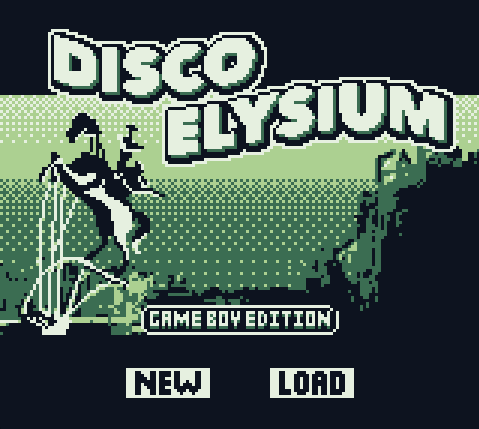
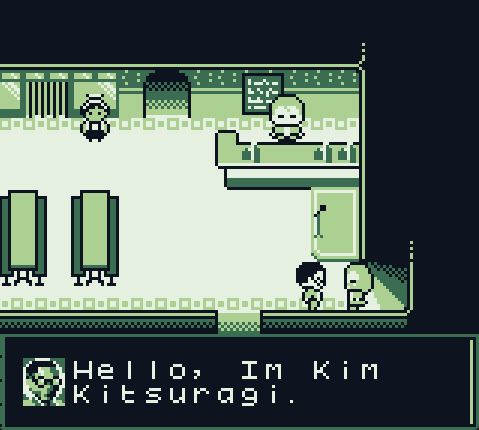

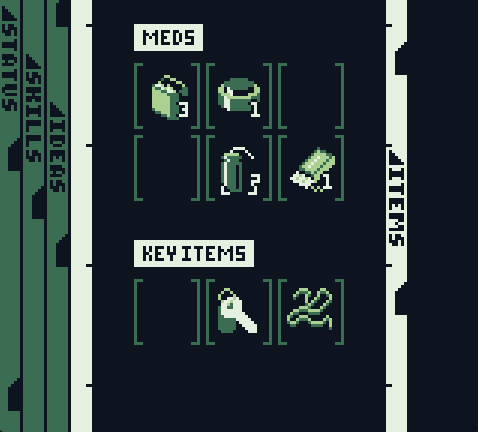
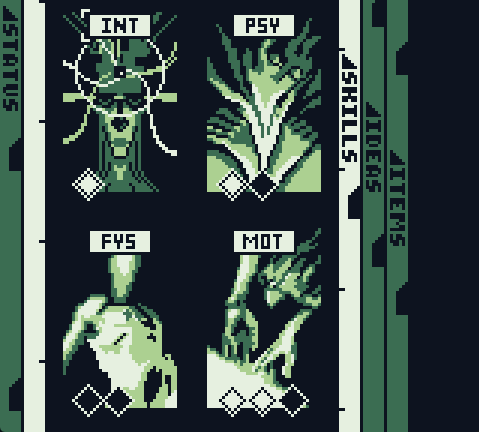
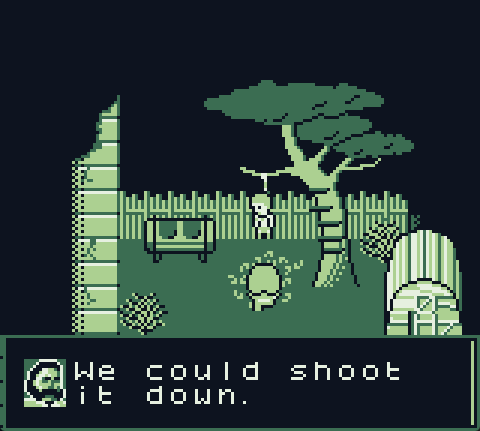
![The Year of Incline [2014] Codex 2014](/forums/smiles/campaign_tags/campaign_incline2014.png)


